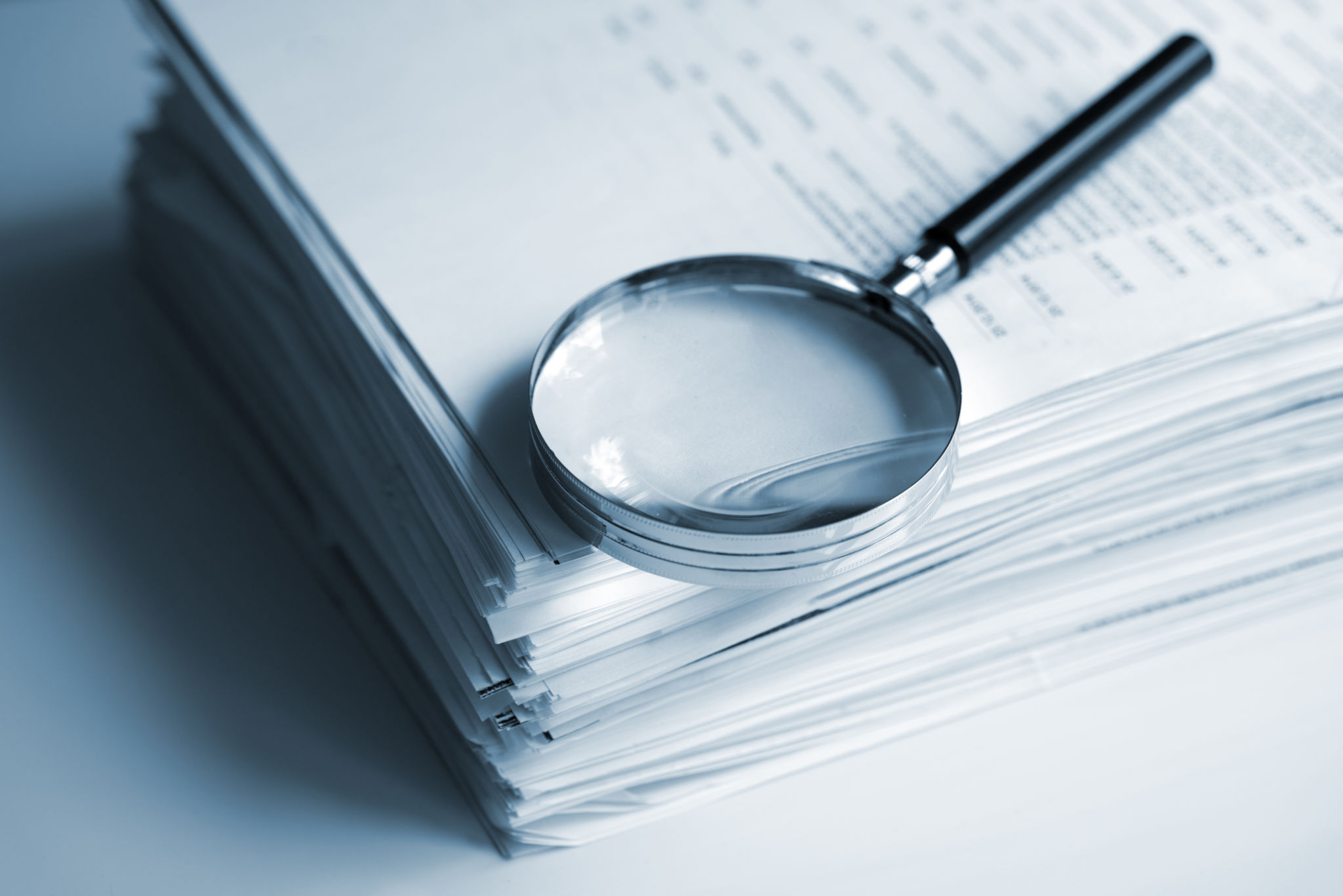Bookkeeping vs. Accounting: Understanding the Differences for Midlothian Businesses
Introduction to Bookkeeping and Accounting
For Midlothian businesses, understanding the distinction between bookkeeping and accounting is crucial for effective financial management. While both are essential components of a business’s financial health, they serve different purposes and require different skill sets. Knowing how they differ can help business owners make informed decisions and ensure compliance with financial regulations.

The Role of Bookkeeping
Bookkeeping involves the systematic recording of financial transactions. It forms the foundation of the entire accounting process. Bookkeepers are responsible for maintaining accurate records of daily transactions, including sales, receipts, payments, and purchases. This meticulous work ensures that all financial data is organized and up to date.
Key Responsibilities of a Bookkeeper
- Recording daily transactions
- Maintaining ledgers, journals, and other records
- Reconciling bank statements
- Managing accounts payable and receivable
The Function of Accounting
While bookkeeping focuses on recording financial transactions, accounting involves interpreting, analyzing, and summarizing this information. Accountants use bookkeeping data to produce financial statements and reports that provide insights into the business's financial health. They also help in strategic planning and decision-making.

Core Duties of an Accountant
- Preparing financial statements
- Conducting audits
- Tax planning and filing
- Offering strategic financial advice
Why Both Are Crucial for Businesses
Both bookkeeping and accounting are vital for businesses in Midlothian. While bookkeeping provides the essential data required for accounting, accounting offers the analysis that enables business owners to understand their financial position. Together, they ensure that financial information is accurate, timely, and useful for decision-making.

Choosing the Right Service for Your Business
For small to medium-sized businesses in Midlothian, deciding whether to hire a bookkeeper or an accountant—or both—depends on several factors such as the size of the business, complexity of transactions, and specific financial needs. Some businesses may opt for outsourced services that provide a combination of both bookkeeping and accounting expertise.
Considerations When Hiring
- Assess the needs of your business
- Determine the volume and complexity of transactions
- Consider budget constraints
- Evaluate the benefits of outsourcing vs. in-house options
Conclusion
Understanding the differences between bookkeeping and accounting is essential for effective financial management in any Midlothian business. By recognizing the unique contributions each brings to the table, business owners can better manage their finances and make informed strategic decisions that promote growth and sustainability.